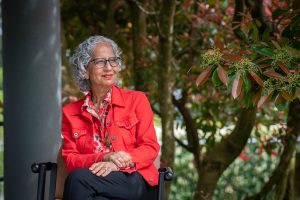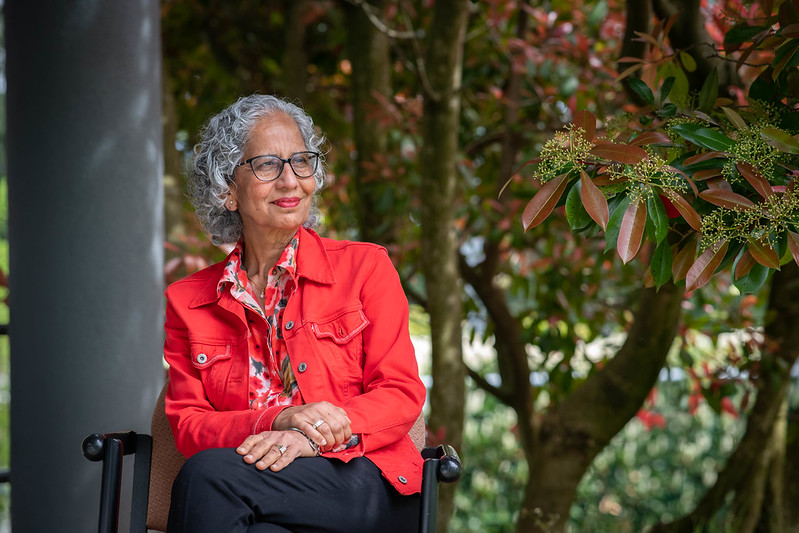
My father’s blood is mine, his story beats inside me……Jayli Wolf’s song – Child of the Government
https://www.youtube.com/watch?v=H5gqZV7OsCM&t=33s
My grandfather was taken away and put in residential schools when he was a kid. He was taught to forget his native language, his heritage, his culture and even his own name. He refused to speak about what he had experienced. He continued to fear the government so much that he didn’t even tell my family that he was indigenous until a few years ago. He was so afraid that they would come back and punish him if he ever spoke out. There were no records of his identity before residential schools, and so I have to work three times as hard to reconnect with my culture and to find what was buried when they took him from his parents. It’s a real struggle and this song has been a huge reminder for me about how important it is to keep digging, because it’s not just my family affected, but there are thousands of people just like my grandfather – Bekah Bastien, March 29, 2021.
As we all collectively hang our head in shame at Canada’s history of cultural genocide against the Indigenous, First Nations and Inuit peoples, I know that I must take the time to unpack my own privilege and ancestral oppression that lies hidden in my coded memory.
I had always regarded generational memory as a valued possession that I was lucky and privileged to have (see above). I carefully stored away the value laden memory of my family’s ancestry and our cultural roots, particularly because my family had uprooted itself from familiar surroundings (northern India) to an unfamiliar land (western Canada) in 1975. I carried my social order with me on the plane to Canada fully expecting it to replay itself in the new land. The oral tradition of storytelling that was laden with messages, had embedded itself in the corners of my mind and the best time of my youth was when my mother and father told us stories of our past.
They had memory to share, and because of that I had memory.
I felt that I could pass on that memory without tearing back its layers and without much trauma attached to its safekeeping. But slowly I realized that what was unspoken/omitted in the storytelling was the positionality of my caste-coded life experiences. From my ancestral name that was attached to my first name, I could in all certainty expect a certain life experience that was linked to a generationally coded privileged set of rules.
Caste does that.
It sits in our names, in our histories, in our access to power, to privilege and to positionality.
It sits in our names, in our histories, in the daily ignominious inequities, in our stunning powerlessness, in our hopeless positionality.
These are the two stark divides of caste and its in-built inequity.
While caste in the Canadian context for a South Asian Canadian still continues to rear its ugly head and shows up in our religious institutions, in our pop culture, in our segregated marriage traditions, in our division of labour etc. I would unequivocally say it has no place in our society and we must work to rid ourselves of its insidious and uncritically accepted practices. As an ancient civilization, caste has divided those of Indian heritage in a way that nothing else has because of its inherent psychological bias (since there is no biological evidence of difference), its circular and closed argument of ancestral damnation, its criminal patriarchal oppression, its social hierarchy through colourism, its built-in ostracization that follows one through to future generations, and its occupational stratification that assigns hereditary transmission of purity (as if was a right) and pollution (as if it was a disease).
We must not pass on this generational memory.
It should die a natural and quick death in our minds so that we don’t pollute our next generations with the uncalled for inhumanity of our divisions. It must show up in our actions, as we work to eliminate caste based discrimination and bias. We must constantly question the positioning of certain occupational identifiers which I suggest have become redundant in a neo-liberal global economy where urbanization has diffused the in situ power differentials.
In our homes, in our institutions, in our minds we have to set free the notion that pre-subscribed notions of caste have any bearing on the quality of the human. The South Asian Canadian community must overcome religious, communal and cultural biases within, as much as in the larger society where we stand up and be counted as we are doing in the Residential Schools tragedy.
May this work of ally ship and solidarity also reap rewards for our internal caste divisions that only perpetuate ancient ideas of oppression, division and the status quo. We are impatient for change within our communities and we must be committed to the dismantling of caste as a marker of difference.
Satwinder Kaur Bains, June 25, 2021

